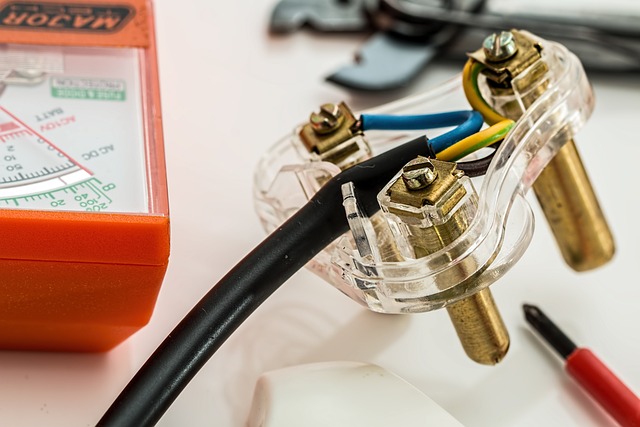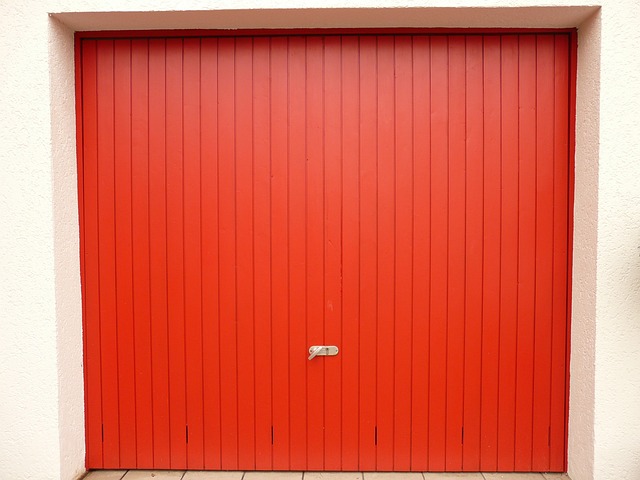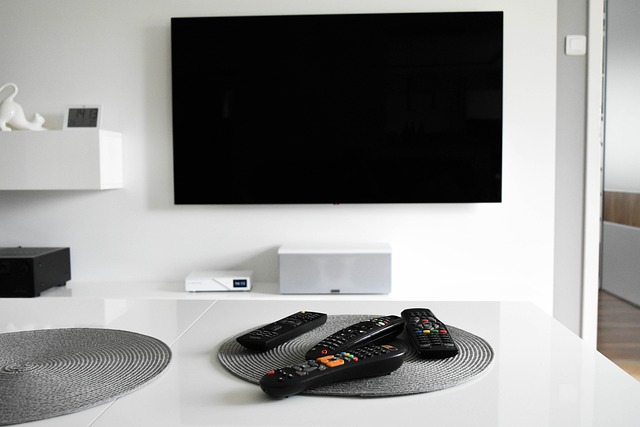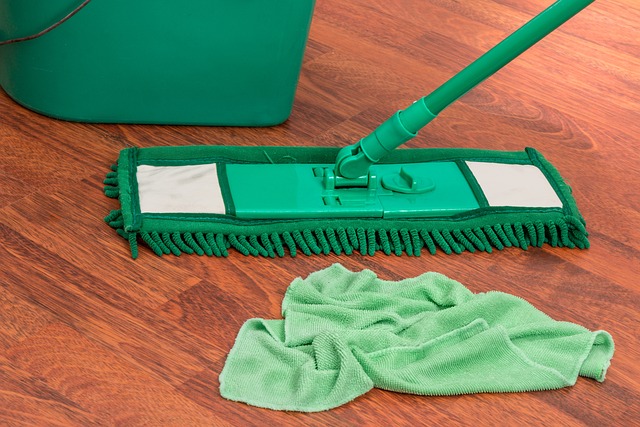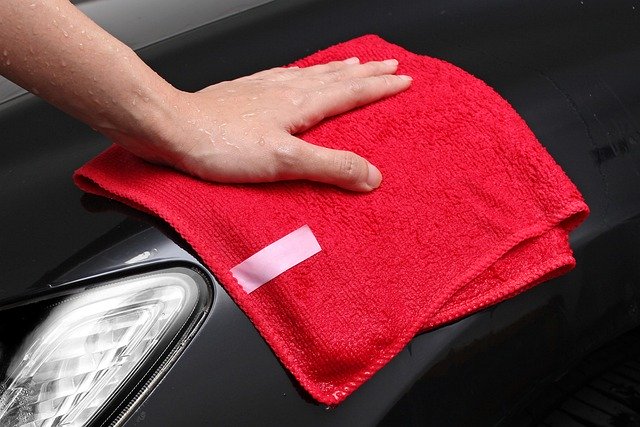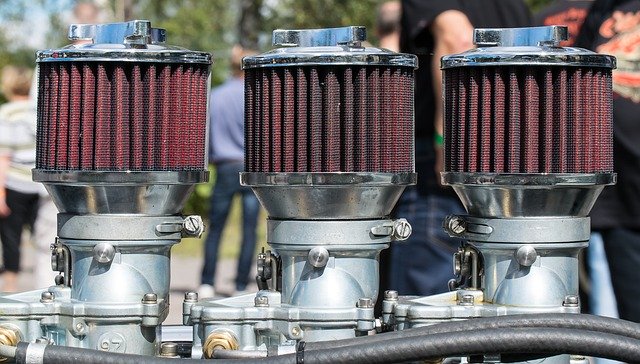When it comes to home maintenance, electrical systems are often an afterthought. We focus on cleaning, repairing, and improving the visible aspects of our homes, but what about the complex network of wires, circuits, and components that power our lives? Neglecting your home’s electrical system can lead to a myriad of issues, from reduced efficiency to safety hazards.
In this comprehensive guide, we will delve into the importance of regular cleaning for your home’s electrical system, exploring how it can enhance safety, efficiency, and longevity.
Here is our post on 6 Importance of Cleaning Your Home’s Electrical System which will make you cleaning task hassle free.
What You Need to Know About Your Home’s Electrical System
Before we dive into the benefits of regular cleaning, it’s essential to have a basic understanding of your home’s electrical system. Your electrical system can be broken down into several key components:
- Service Entrance: This is where electricity enters your home from the utility company. It typically includes a meter and a circuit breaker or fuse box.
- Circuit Breaker/Fuse Box: This is the heart of your electrical system. Circuit breakers or fuses protect your electrical circuits from overloading.
- Wiring: Wires distribute electricity throughout your home. They come in various gauges, with thicker wires carrying more current.
- Outlets and Switches: These are the points where you connect your electrical devices and control the flow of electricity.
- Appliances and Fixtures: Everything from your refrigerator to your light fixtures relies on electricity.
The Importance of Regular Cleaning
Now that we have a grasp of the components, let’s explore why regular cleaning is vital for your home’s electrical system.
1. Safety First
Safety is paramount when it comes to electricity. Regular cleaning helps identify and mitigate potential safety hazards. Here’s how:
- Dust and Debris: Dust and debris can accumulate around outlets, switches, and the circuit breaker. This buildup can become a fire hazard. Regular cleaning keeps these areas free from flammable material.
- Rodents and Pests: Rodents and pests are notorious for damaging wiring and insulation. Cleaning regularly can help you spot signs of infestations and address them promptly.
- Corrosion: Corrosion can occur on electrical connections, especially in humid environments. Cleaning these connections and applying anti-corrosion products can prevent dangerous electrical faults.
2. Enhanced Efficiency
A clean electrical system operates more efficiently. Efficiency benefits you in several ways:
- Reduced Energy Consumption: Clean components have less resistance. This means your electrical system doesn’t have to work as hard, leading to reduced energy consumption and lower bills.
- Fewer Outages: Loose connections or dirty circuit breakers can lead to intermittent power issues. Regular cleaning and maintenance can prevent these frustrating outages.
3. Longevity
Just like any other part of your home, your electrical system has a limited lifespan. Regular cleaning and maintenance can extend its longevity:
- Preventing Wear and Tear: Keeping connections tight and preventing overheating can significantly extend the life of your electrical components.
- Avoiding Costly Repairs: Neglected electrical systems are more prone to breakdowns and faults, which can be expensive to repair. Cleaning is a small investment that can save you from significant repair costs.
4. Identifying Issues
Cleaning your electrical system gives you the opportunity to inspect its components closely. By identifying issues early, you can prevent them from becoming more significant problems. Here are some common issues you might discover:
- Loose Connections: Loose connections can cause sparks and overheating. They are a fire hazard and can lead to costly damage.
- Worn or Damaged Wiring: Over time, wires can wear out or become damaged. Identifying and replacing damaged wires prevents electrical faults.
- Outdated Components: If your electrical system includes outdated or recalled components, cleaning can be an opportunity to upgrade and enhance safety.
See also our post on The Dos and Don’ts of Cleaning Your Electronics
How to Clean Your Home’s Electrical System
Now that we understand why regular cleaning is crucial, let’s explore how to clean your home’s electrical system safely and effectively.
1. Safety Precautions
Safety should be your top priority when cleaning your electrical system. Here are some essential safety precautions:
- Turn Off the Power: Before cleaning or inspecting any electrical component, turn off the power to the circuit at the circuit breaker or fuse box. Use a non-contact voltage tester to ensure there is no electricity flowing.
- Use Protective Gear: Wear protective gear, including gloves and safety goggles, to prevent injuries while working with electrical components.
- Stay Dry: Avoid working on your electrical system in wet conditions or with wet hands.
2. Cleaning Process
Cleaning your electrical system involves several steps:
- Dust Removal: Use a soft, dry cloth or a small, soft-bristle brush to gently remove dust from outlets, switches, and circuit breakers. Ensure that the power is off during this process.
- Inspect for Damage: While cleaning, inspect for signs of damage, such as loose wires or corroded connections. If you find any issues, turn off the power and address them immediately.
- Tighten Connections: Use a screwdriver or a wrench to ensure that all electrical connections are tight. Loose connections can cause overheating and sparks.
- Clean the Circuit Breaker: Open the circuit breaker panel and inspect the circuit breakers for signs of overheating or damage. If everything looks normal, close the panel and turn the power back on.
- Test Outlets and Switches: After cleaning, test outlets and switches to ensure they work correctly.
3. Regular Maintenance Schedule
Establishing a regular maintenance schedule is essential for the long-term health of your electrical system. Here’s a simple guideline:
- Monthly: Inspect outlets and switches for damage and dust.
- Quarterly: Clean and inspect circuit breakers, especially if you notice signs of corrosion.
- Annually: Hire a professional electrician to perform a more thorough inspection and maintenance.
See also our post on How to Clean Your Electronics Safely: Dos and Don’ts
When to Call a Professional
While many aspects of electrical system cleaning and maintenance can be handled by homeowners, some tasks are best left to professionals. Here are situations in which you should call a qualified electrician:
- Flickering Lights: If you experience frequent or persistent flickering lights, it could be a sign of a more significant issue.
- Overheating Outlets: If any outlets or switches become hot to the touch or show signs of discoloration, this is a serious problem that requires professional attention.
- Circuit Breaker Trips: Frequent circuit breaker trips may indicate an overloaded circuit or a faulty circuit breaker.
- Burning Smell: If you smell burning or notice any unusual odors coming from your electrical system, turn off the power and contact an electrician immediately.
- DIY Limitations: If you’re not comfortable or experienced with electrical work, it’s safer to hire a professional for any maintenance or repair.
Here is our post on How to Clean and Disinfect Your Home’s Electronic Devices (TV, Computer, Phone)
Conclusion
Regular cleaning and maintenance of your home’s electrical system are essential for safety, efficiency, and longevity. Neglecting your electrical system can lead to safety hazards, increased energy consumption, and costly repairs. By understanding your electrical system, taking safety precautions, and following a regular maintenance schedule, you can ensure that your home’s electrical infrastructure remains in excellent condition. Remember, when in doubt, it’s always wise to consult a professional electrician to address any electrical issues or concerns. By taking these proactive steps, you can enjoy a safe, efficient, and reliable electrical system that powers your home for years to come.





